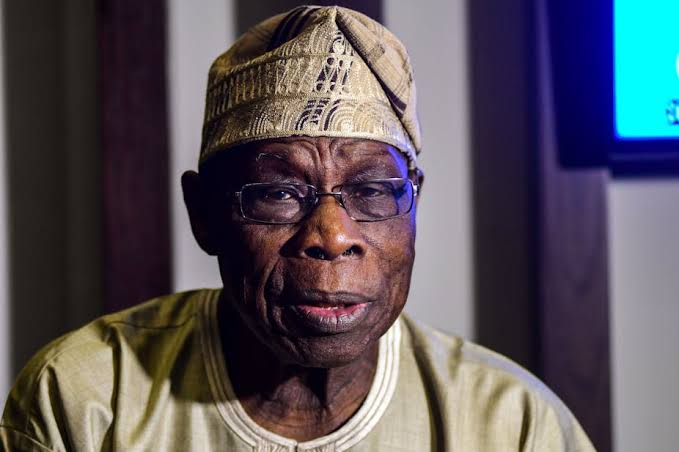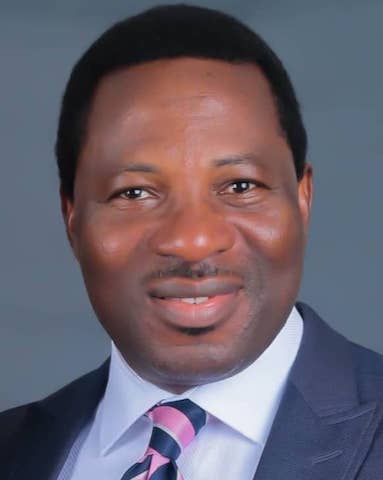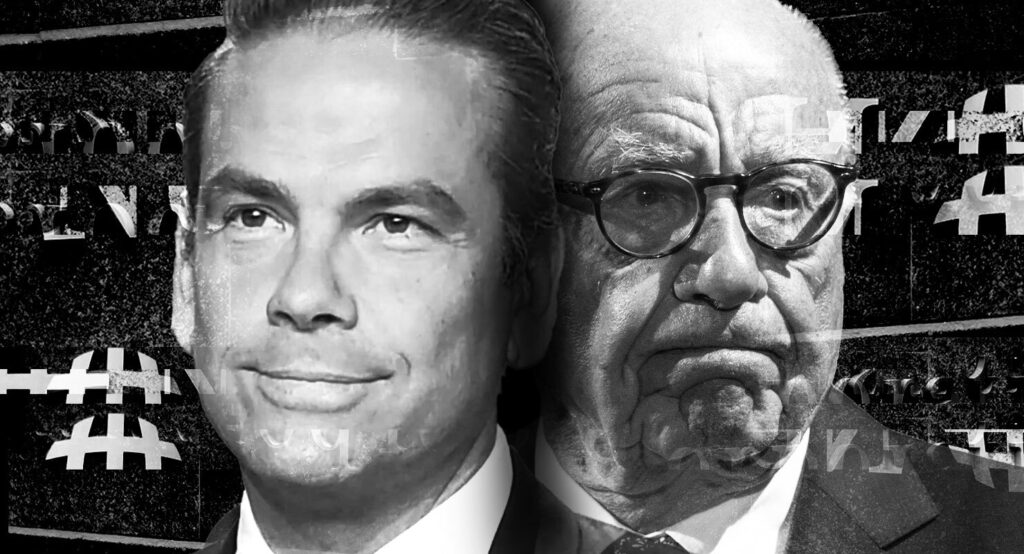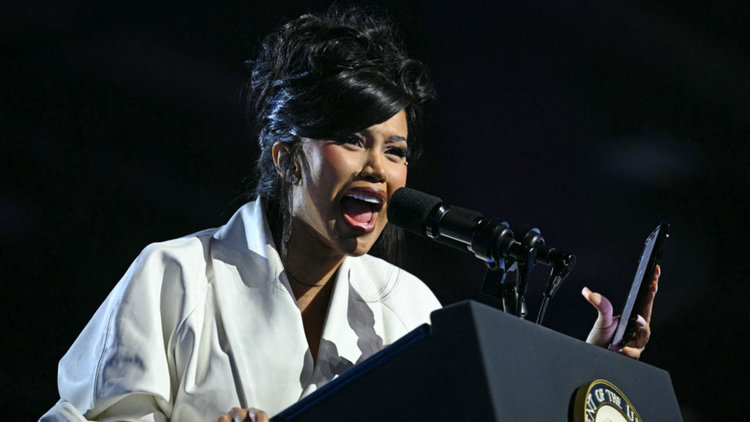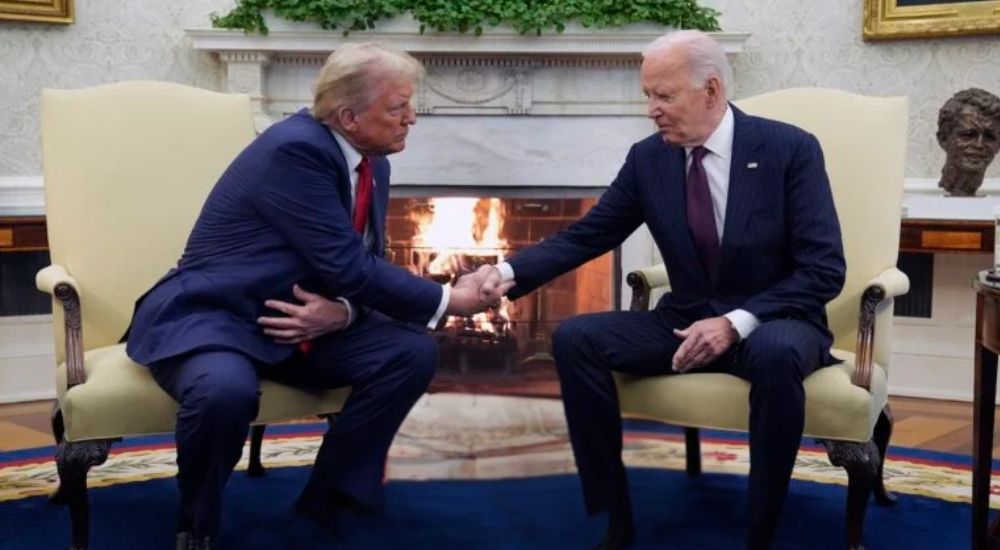No, a Trump presidency isn’t business as usual for Australia — he threatens our economy, security and political stability
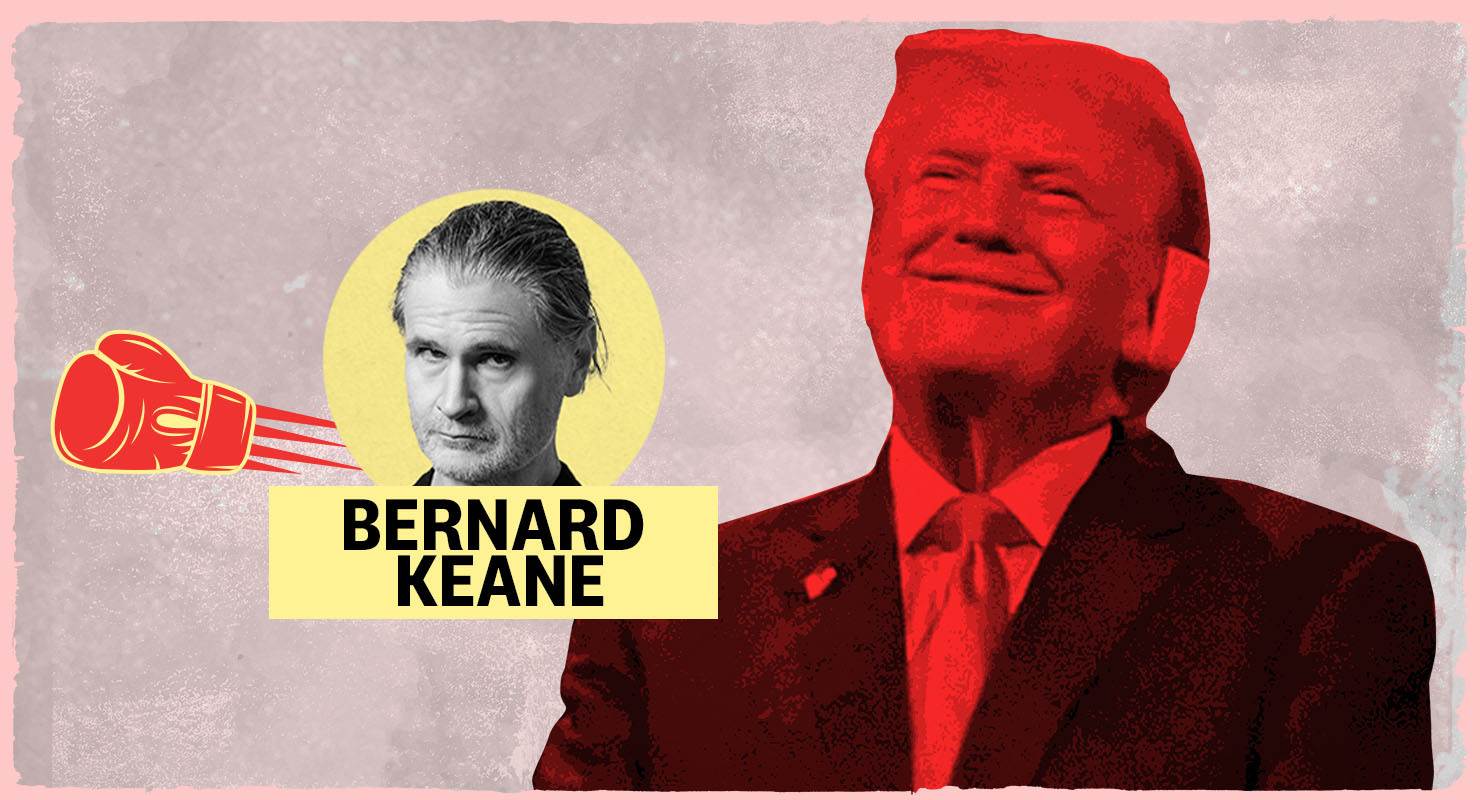
Politics tamfitronics
As election day looms in the United States, much has been written about how this is a consequential poll for the country. Donald Trump has vowed to reverse policies enacted since he left office, remove undocumented individuals, introduce more tariffs and finish building that wall. His opponent Kamala Harris has warned Trump is a dangerous threat to democratic governance itself. But what about the rest of the world? How is Australia’s fate tied up with who is in the White House? Would a Trump presidency mean business as usual Down Under?
American studies academic Dr Rodney Taveira argues in the affirmative, and Crikey’s political editor Bernard Keane makes the negative case.
It’s due to form to declare the next election to be the most important in history. Politicians love to tell voters the stakes this time are higher than ever, when in fact it’s unusual for radical change to result from an election. For every 1860 or 1932 election in American history, there’s a 1968 — an election that felt momentous but resulted in remarkable continuity both domestically and in foreign policy in the US.
But the 2024 US presidential electionis crucial — as much for other countries as it is for Americans.
Trump’s economic policies will be immensely disruptive for America, and everyone else. To differentiate himself from the Biden administration, which maintained most of the tariffs Trump introduced during his last presidency, he has committed to a 10-20% tariff on every import, including from allies like Australia. China will cop a 60% tariff on everything, while Trump is already promising that Europeans will “pay a big price“.
As you’d expect from such a self-defeating measure, Trump’s tariffs had greater than expected negative impacts on the US economy last time, even in those industries Trump claimed to be protecting. Both the Chinese and the Europeans hit back with their own tariffs on US products in 2018. Already the Europeans are preparing a rapid and hard response to Trump’s tariffs this time around.
US importers are already preparing price increases, illustrating how inflationary Trump’s tariffs will be. Modelling suggests that even without retaliation, Trump’s plan will impose over $500 billion in new taxes on Americans and destroy nearly 700,000 jobs. What about elsewhere? UK modelling suggests a 0.6-0.7% reduction in GDP in both the US and China, with a smaller impact in Europe, mainly in Germany, given its reliance on car exports to the US.
Australia would face not only a 10-20% tariff on our $16 billion in exports to the US but also the impacts of another Trump policy. Trump plans to remove the independence of the US Federal Reserve so he can slash interest rates, which would otherwise inevitably rise due to the inflationary impacts of his tariffs. As economist Saul Eslake points out, this will undermine confidence in the US dollar andin fact strengthen the Australian dollar — which is bad news for any Australian exporter.
What no one seems to have modelled is the impact of a full-blown trade war on the global economy, in which Trump responds to EU and Chinese retaliation, or the stubborn failure of the US trade deficit to vanish as a result of his tariffs — America’s trade deficit soared to new records under Trump last time — with more increases, leading to further, 1930s-style retaliation. Moreover, there’s a risk that Trump’s deliberate undermining of the US dollar leads to other major economic blocs seeking to do the same with their own currencies, giving us not merely a trade war but a currency war.
Apart from the geopolitical tensions this would exacerbate, the impact on global GDP, economic growth in China — which has such a massive bearing on Australian growth and fiscal policy — and the reduction of the global trading system to smoking ruins will all flow into the bottom lines of Australian exporters, workers and governments.
Trump isn’t just dedicated to making the global economy less safe. His pro-dictator foreign policy directly contradicts Australian foreign policy, most obviously in Ukraine. The Russian war against Ukraine will be into its fourth year by the time Trump would be inaugurated. His policy is to reward, not punish, Russian aggression by cutting off the supply of American military aid to Ukraine and forcing it to negotiate with Vladimir Putin.
A Trump-imposed “peace” in Ukraine will be a modern-day Munich that only illustrates the benefits of breaching international norms and attacking neighbours, and would bring the threat of Russian assaults on European countries closer still (it will also be interesting to see how Australia’s MAGA fans react to such a disaster, given the Albanese government has been repeatedly criticised by the Coalition for not being pro-Ukraine enough).
There’s one more area where a Trump victory will have an impact on Australia. Large swathes of the right, and their media cheerleaders at News Corp and Seven, are already Trump supporters who seek to import Trump’s political tactics. The result is a toxic politics of white grievance, racial division and male anger in which US conspiracy theories and culture wars are reflexively echoed here, no matter how little relevance they have.
If Trump wins again, the lesson they will learn is that such tactics can only ever be temporarily defeated, but will triumph in the end. The politics of hate, of racism, of misogyny, of denialism and rage, will be given a turbo boost in an Australian polity already experiencing greater division and bitterness than at any time in recent decades. And that may be the greatest damage of all.
Read the opposing argument by Rodney Taveira.



 Hot Deals
Hot Deals Shopfinish
Shopfinish Shop
Shop Appliances
Appliances Babies & Kids
Babies & Kids Best Selling
Best Selling Books
Books Consumer Electronics
Consumer Electronics Furniture
Furniture Home & Kitchen
Home & Kitchen Jewelry
Jewelry Luxury & Beauty
Luxury & Beauty Shoes
Shoes Training & Certifications
Training & Certifications Wears & Clothings
Wears & Clothings






